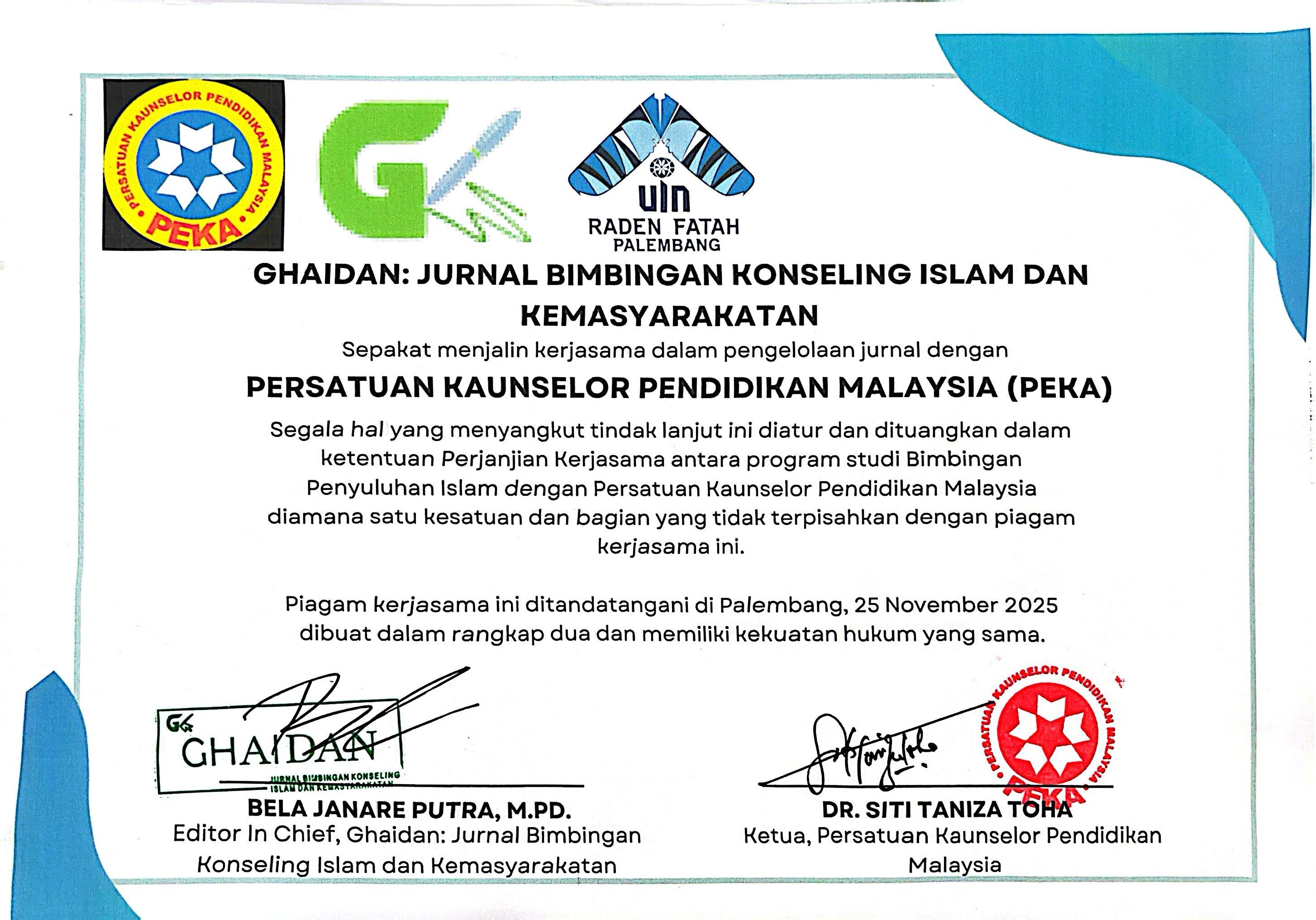Transgender Perspektif dalam Hukum Islam
DOI:
https://doi.org/10.19109/ypn15s08Abstract
Transgender is an issue that is currently widely discussed in society. This article examines the prohibition of transgender individuals from embracing Islamic beliefs, where sexual recognition changes do not occur in the same way as in non-Muslims. In reality, many Muslims undergo such changes. Transgenderism is not a result of mental disorders and does not require treatment. It is not unusual to hear about a man who transitions to a woman for various reasons, and the negative tendencies can become harmful habits, and vice versa. Therefore, there are many differing views on the issue of transgender identity. Regarding transgender, many people mistakenly equate Khuntsa with transgender, whereas Khuntsa and transgender are distinctly different. In the transgender context, it refers to someone whose gender identity does not align with the sex assigned at birth. Khuntsa, on the other hand, refers to individuals born with ambiguous genitalia, possessing both male and female traits, or sometimes no identifiable sex at all. This research employs a subjective expressive technique based on the Quran and Hadith as its sources. The findings of this study conclude that some analysts forbid individuals from altering their physical appearance in any way for the purpose of sexual affirmation or perfection. However, in the case of Khuntsa, this regulation can be considered acceptable.
Downloads
Published
Versions
- 2022-12-24 (2)
- 2025-05-14 (1)
Issue
Section
License

This work is licensed under a Creative Commons Attribution-ShareAlike 4.0 International License.





